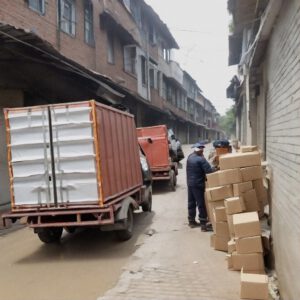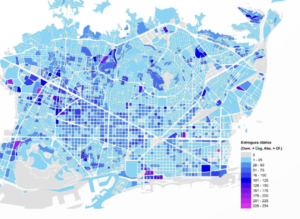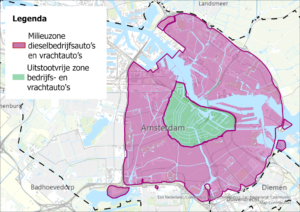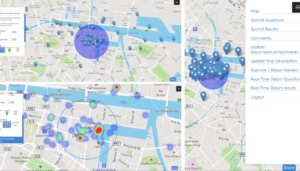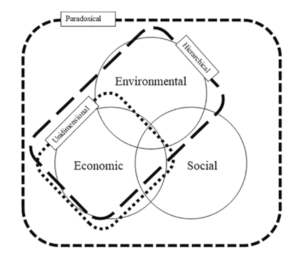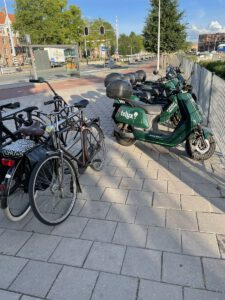System-level impacts of electrification of road freight transport system: a dynamic approach

Electrification offers a promising pathway for decarbonizing the road freight transport system. Assessing the impact of electrification on the road freight transport system requires understanding the dynamics from a system-level perspective. Isolated technical or financial analyses, such as comparing the total cost of ownership between electric and diesel trucks, are helpful but only reflect limited …


